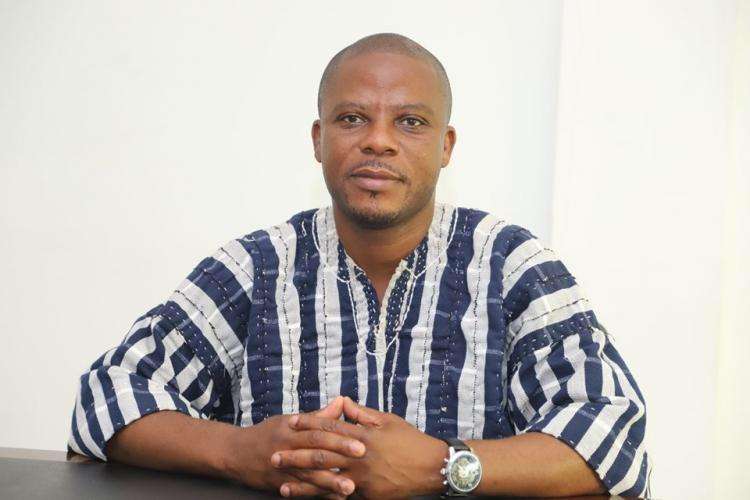The Member of Parliament for Bortianor-Ngleshie Amanfro, Sylvester Mathew Tetteh, has attributed government going to the IMF on the negative impact of the coronavirus pandemic as well as the ongoing Russia-Ukraine war on global economies should not be underestimated.
Mr Tetteh stated that the main opposition National Democratic Congress (NDC) has the right to taunt the government for going to the IMF when it said in the past that it won’t.
“We are back to the IMF because we are not in normal times, nobody should downplay the effect of Covid 19 and then Russia-Ukraine war.
“For me, the back and forth about the IMF doesn’t solve the problems. I have said the NDC has the right to score political point with respect to our position when they went to IMF. For me, politically I give it all to them.”
Sylvester Mathew Tetteh
According to Mr. Tetteh, the world is not in normal times hence, every country is finding avenues to survive.
“Going to IMF is not a crime, we are a member of the IMF, I have said that on may occasions. So, for me, to the NDC, they have the bragging right to say that we said were not going to the IMF and today you are in the IMF. On the surface of it, they have the right to brag with it .”
Sylvester Mathew Tetteh
Contributing to the discussion, Tamale North Member of Parliament, Alhassan Suhuyini, intimated that the President, Nana Addo Dankwa Akufo-Addo, inherited projects that were self-financing and were created out of the programme the Mahama administration entered with the International Monetary Fund (IMF).
For instance, Alhassan Suhuyini cited that the Ghana National Gas Project was developed out of the programme under Mahama.
Government extended IMFprogramme due to benefits
The Tamale North MP stated that when the New Patriotic Party (NPP) took over governance of the country in 2017, the new administration extended the Mahama-IMF programme due to the benefits but later squandered all the gains made hence, the current challenges facing the country for which the Ghana is returning to the Fund.
“If the government, when it inherited the benefits of the IMF programme and extended it, had done in areas that will be able to pay for themselves like the Ghana Gas is paying for itself the ports are paying for themselves, we would not be here today.”
Alhassan Suhuyini
Adding to the discussion, an Economist, Lord Mensah, stated that there is the need for policymakers to understand the structural challenges in the country as a way of addressing the economic problems.
Professor Mensah cited an example regarding agricultural sector that, the two most common foods Ghanaians consumed are maize and rice. He then questioned whether these are produced in large quantities locally to to feed the people.
“The structural problem we have is that, the foods that we eat across the households that we have in this country, are we able to produce them in abundance?”
Lord Mensah
Lord Mensah then questioned whether the sector is able to draft agricultural policies to direct the production of these executive foods.
“Because complementarily, if you produce maize and rice in abundance, all those complementary foods will be cheaper. For me, we have failed to realize this direction of expenditure.”
Lord Mensah
Read Also: Abanga Farms to import beef from Namibia, Partnership to Strengthen Agric Sector of Both Countries



















